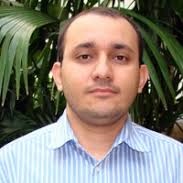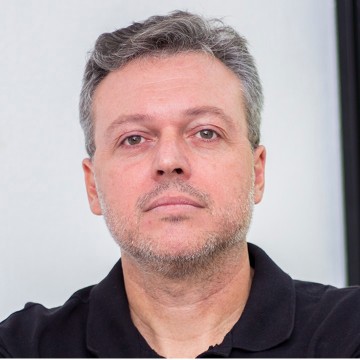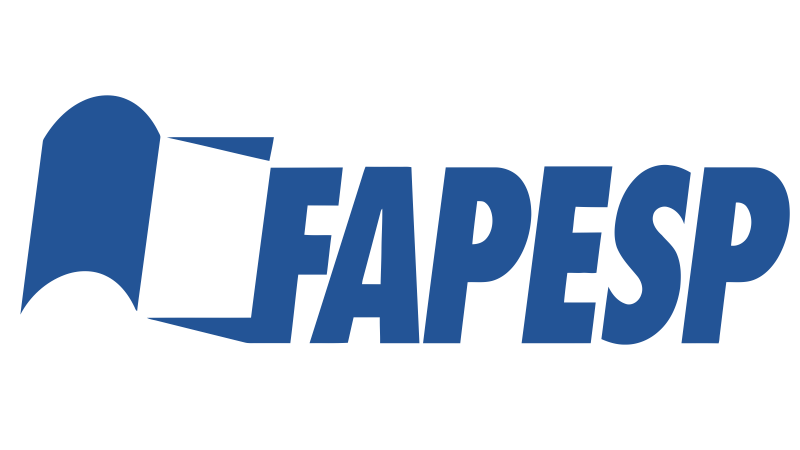
Efficient Resource Discovery
Project Overview
Benchmarks multi-criteria decision-making techniques (SAW, TOPSIS, VIKOR) for discovering IoT resources in the Cloud of Things, evaluating capacity and diversity trade-offs under varying user constraints.
Over the last few years, the number of smart objects connected to the Internet has grown exponentially in comparison to the number of services and applications. The integration between Cloud Computing and Internet of Things, called Cloud of Things, plays a key role in managing the connected things, their data, and services. One of the main challenges in the Cloud of Things is the resource discovery process to enable applications to use a specific resource. Most of the existing work uses some kind of multi-criteria decision analysis technique to perform the resource discovery, which acts as a black box where a set of user constraints are used as input parameters to select a set of resources as output. However, these works do not evaluate the quality and characteristic of the selected resources regarding the varying criteria and their possible weights reflecting user needs.
In this project, we analyze the quality and characteristics of three multi-criteria decision analysis techniques (SAW, TOPSIS, and VIKOR) and the impact of user constraints on them. We evaluate the quality of the proposed solutions in terms of capacity and diversity. The results show that the algorithms have statistical equivalency regarding capacity and the VIKOR algorithm achieves the highest diverseness on average, which indicates the proposed set of solutions has different characteristics than SAW and TOPSIS algorithms.
Team






